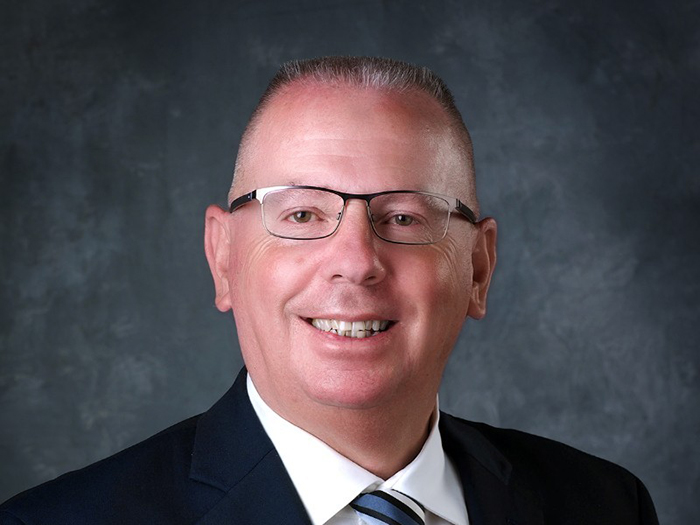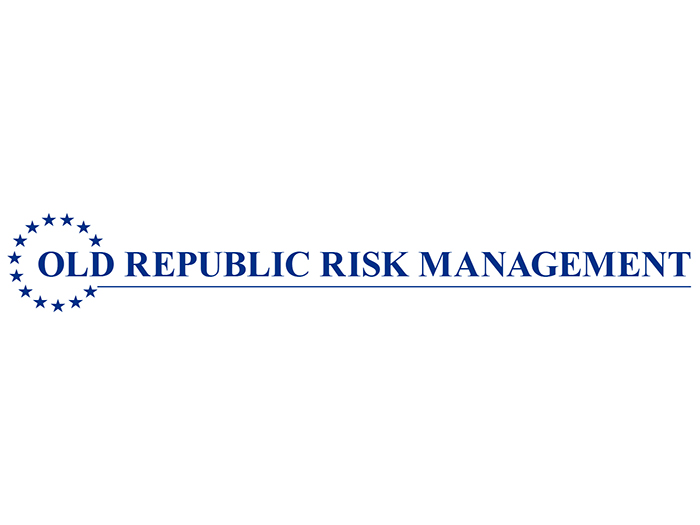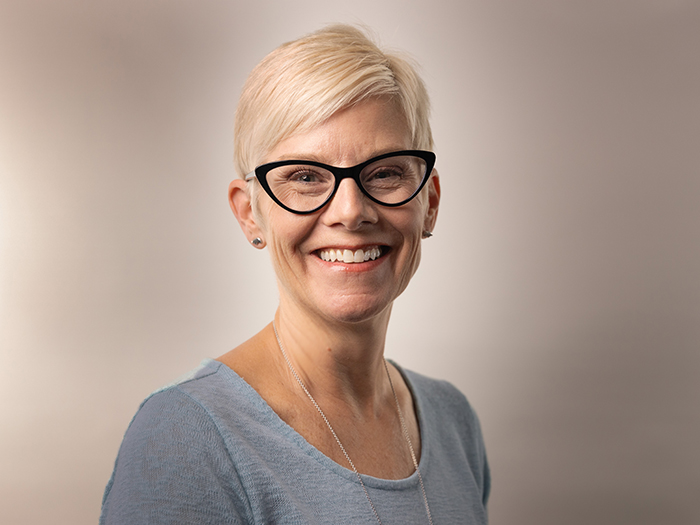Opinion | As Baby Boomers Leave Workers’ Comp, Knowledge Transfer Has to Happen Immediately
The oldest of approximately 73 million Baby Boomers turned 65 in 2011. Since then, approximately 10,000 people each day have reached that milestone. The march toward retirement will continue until the youngest Baby Boomers turn 65 in the year 2030.
While the definition and timing of retirement has evolved — the concept of an encore career is relatively new — this “silver tsunami” of exits from corporate life has many positive and negative implications, both for society and for workers’ compensation.
The primary negative implication is the “brain drain” that occurs when the experience, expertise and institutional knowledge of retirees is no longer available.
From key leadership positions to front-line workers, losing the wisdom that comes from having confronted and solved issues in myriad scenarios over many years can have a major impact on the ability to make good decisions in the future.
Since often that wisdom is in the “gut” and not on paper, replicating that with other people is difficult. That means we have one very short decade to get focused on transferring that knowledge into documents (and maybe even into artificial intelligence).
Most importantly, though, that wisdom needs to be transferred into the “guts” of the replacements. That can only be done by strategically spending mentor/mentee time to relay not just the objective details but also the subjective nuance that leads to the creativity of a decision.
Forward thinking companies have already identified and paired mentors with mentees in their organizations. Those that have not prepared a succession plan will almost certainly regress while re-learning best practices, likely the hard way.
Among the upsides of this transition are the opportunities for subsequent generations.
“Opportunity” isn’t limited to career advancement opportunities, although that is a significant upside for the assertive.
It is also an opportunity for the workers’ comp industry to inject fresh and new ideas into the context of the historical wisdom to create new ways of doing things (or even new things to do).
The generations that have come after Baby Boomers — GenX, millennials, and the iGeneration — bring their own unique experiences, perspectives and expectations to their careers. They also bring different communication methods, adaptability to technology, and management style.
Not that everyone in an age group is the same — there are some “young” Baby Boomers and “old” millennials — but the society in which they grew up affects how they want to run it.
While C-Suites and recognized thought leaders are already filling some of those roles, there remain many areas where that migration has not yet occurred.
Being intelligent is only one desirable trait. Those who are willing to synthesize others’ past and present into a new future will drive the success of this migration. A mindset of “doing it my way,” regardless of the generation, is a rusty door to progress.
This coming decade will be filled with an increasing pace of transition.
There are no guarantees of the outcome. However, a method to improve the chances of success is finding a balance between leveraging the wisdom of the past and a willingness to try something new for an evolving future. Merging those two inputs, on a micro (individual organization) and macro (industry-wide) basis will help workers’ comp and society thrive well past the turn of the next decade. &










